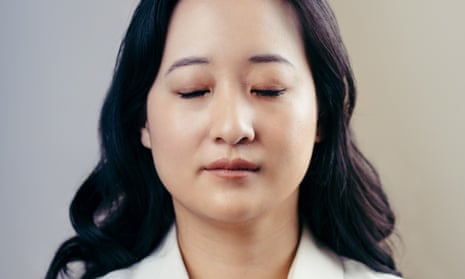Australian netball star Kiera Austin says more discussion about periods is needed to keep young girls playing sport
Diamonds netballer Kiera Austin started playing the sport at the tender age of six, and loved hitting the court with her friends.

But when Ms Austin hit puberty she turned around, and all her friends seemed to have disappeared.
Ms Austin fears a lack of education about menstruation is behind the decline in numbers.
“A lot of girls drop off quite quickly. We have such a high participation at the ‘Net Set Go’ age (5-10) and then as soon as they get a little bit older into that team sort of space, they just drop off.”
The latest data from menstrual product charity Share the Dignity’s period survey revealed 68 per cent of Australian women miss sport because of their period and researchers worry this attitude starts in primary school.
Sports stars like Ms Austin are getting involved, calling for comprehensive education and opening a dialogue about period empowerment.
“If having a period was a reason that you’re being held back, that would just break my heart, because sport is such a massive part of my life, and it’s given me so much,” Ms Austin said.
“I would hate to think that having a period or not knowing enough about your period, and the different types of cycles that exist … would be a reason why a lot of young girls are dropping out of sport.”
Ms Austin said there were lots of reasons why young girls disengage with competitive sport as they get older, but period health was not part of the conversation.
Share the Dignity’s Bloody Big Survey is the world’s largest survey on experiences, attitudes and insight on menstruation.

The intersection between sports and periods is labelled “an uncomfortable pairing”, with more than three-quarters of girls missing sport due to a fear of leaking.
Data from Ausplay shows female participation in organised sport peaks at ages 9 to 11 at 60.8 per cent then progressively drops as they hit puberty, reaching a rate of 25.2 per cent as they enter adulthood.
Ms Austin believes early education has the power to destigmatise the “taboo” sporting issue.
“If more young females can have access to education, without even having to go and find it themselves, their understanding of their own body is going to be even greater,” she said.






